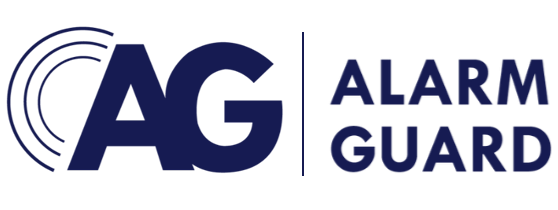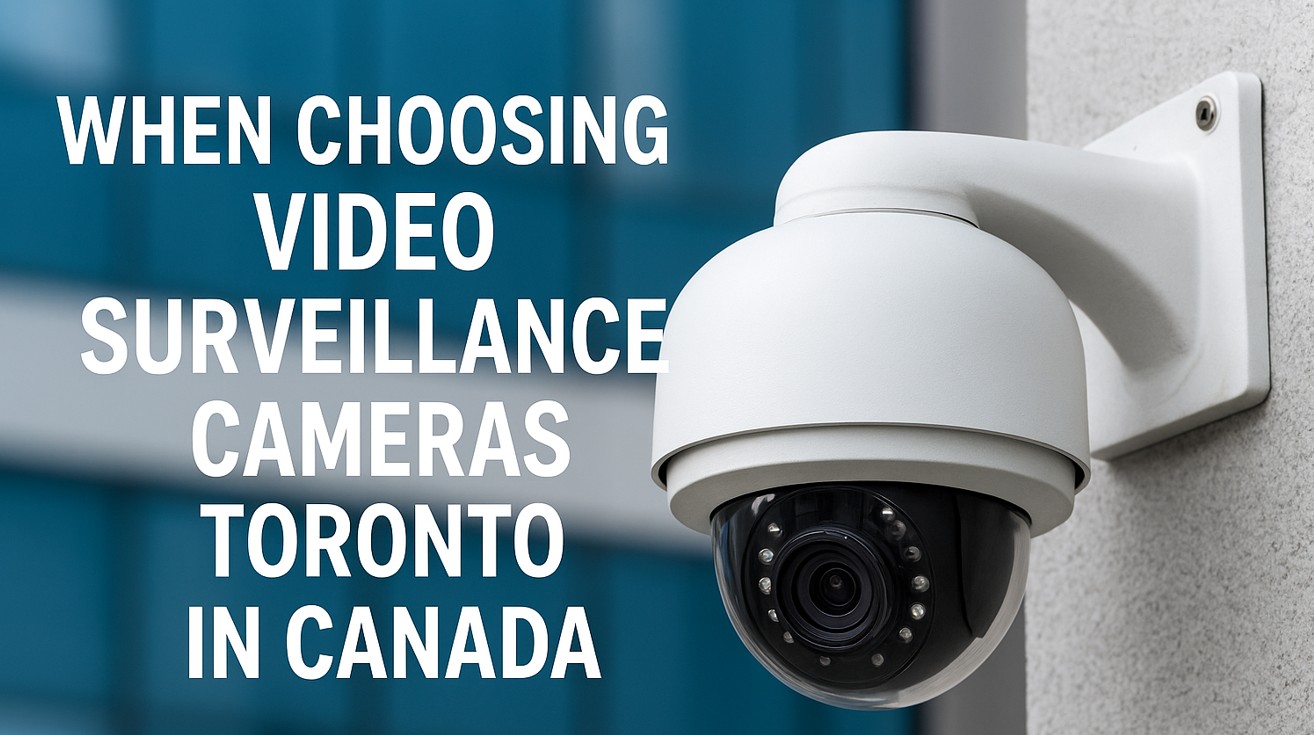CCTV Security Cameras Crucial For Home And Store In Toronto
When it comes to CCTV Security in Toronto, selecting the right system goes beyond simply picking the first option you see online. In Canada’s urban and suburban environments, security needs can vary dramatically, whether you’re protecting a commercial property, a small business, or a private residence. The ideal choice often involves working with organisations that have long-standing partnerships with world-renowned manufacturers. These relationships often mean better access to a wider variety of high-quality products, ensuring you get the right CCTV camera or video monitoring cameras for your specific needs.
High-grade video surveillance systems are generally classified into different quality tiers, each designed for a particular application. Selecting the right device for the right purpose can be a challenge. Price is an important factor, but it should never be the only deciding element. A proper solution should meet both your security needs and your budget without compromising performance.
Why Partnering with Reputable Suppliers Matters
In the Canadian market, reputable security suppliers often maintain relationships with global leaders in CCTV camera technology. This gives customers access to cutting-edge features such as AI-powered motion detection, facial recognition, night vision, and cloud-based storage. For Toronto businesses that operate in high-traffic areas, or residential properties located in neighbourhoods experiencing higher rates of petty crime, having access to the latest innovations can be the difference between a secure property and a vulnerable one.
A trusted supplier will also help you navigate product specifications, ensuring you understand resolution quality, field of view, weather resistance, and integration capabilities with existing security infrastructure. Their role goes beyond sales — they can assist with installation, training, and ongoing support for your video surveillance system.
The Changing Landscape of Surveillance Technology
The rapid evolution of technology has made video monitoring cameras smaller, more powerful, and more affordable than ever before. Today, almost anyone with a modern smartphone can record high-definition video discreetly. While this accessibility has benefits for capturing personal memories or sharing experiences, it also introduces potential privacy concerns.
For example, a video clip taken at a private party and posted online without consent could have unintended consequences. A young professional appearing in a compromising situation might find their career prospects affected if a potential employer stumbles upon that content during a background check.
The reality is that surveillance technology is no longer exclusive to law enforcement or large corporations — it’s available to the public at all levels. This widespread accessibility underscores the importance of understanding privacy rights and using technology ethically.
Balancing Security and Privacy in Canada
CCTV camera networks are becoming more common across Canadian cities, including Toronto. While public surveillance is often implemented to enhance safety and deter crime, it can also raise concerns about privacy and the erosion of individual freedoms.
Countries take different approaches to regulating surveillance and managing privacy concerns. In Canada, laws and guidelines aim to strike a balance between public safety and personal privacy. However, in other regions such as the United Kingdom, surveillance coverage is significantly denser, making public anonymity much harder to maintain.
For private property owners in Canada, it’s crucial to ensure that video surveillance systems are used in compliance with privacy laws. This means avoiding recording beyond your property boundaries and informing visitors or employees about the presence of security cameras when applicable.
The Risks of Misuse
While the benefits of video monitoring cameras and CCTV cameras are clear — crime deterrence, evidence collection, and peace of mind — the potential for misuse remains. Without proper oversight, surveillance technology could be exploited to invade personal privacy, conduct unauthorised monitoring, or even be used for stalking and harassment.
As such, private security systems should focus on protecting property and individuals rather than overstepping into invasive territory. Working with professional installers and reputable vendors can help ensure your system is configured ethically and legally.
Choosing the Right System for Your Needs
Selecting the right video surveillance system for your Toronto property involves several key considerations:
-
Purpose – Identify whether you need indoor or outdoor monitoring, motion-triggered alerts, or continuous recording.
-
Camera Type – From dome cameras for discreet coverage to PTZ (Pan-Tilt-Zoom) models for wide monitoring, each type has unique advantages.
-
Resolution – High-definition or even 4K cameras capture more detail, which can be vital for identification purposes.
-
Storage – Decide between cloud-based storage for remote access or local storage for maximum control.
-
Integration – Ensure your system can work with alarms, access control, or other smart home/business systems.
-
Budget – Factor in installation, maintenance, and potential subscription costs for monitoring services.
By considering these elements and seeking expert advice, you can ensure that your chosen video monitoring cameras not only meet your needs but also provide a sustainable, long-term security solution.
Final Thoughts
The rise of video surveillance systems in Toronto reflects a growing need for security in both residential and commercial settings. With advancements in technology, Canadian property owners now have access to powerful CCTV cameras that were once reserved for government or corporate use.
When selecting your system, choose a supplier that partners with top-tier manufacturers, understands Canadian privacy laws, and offers full support from consultation to installation. Remember, the right video monitoring cameras are not just about catching wrongdoers — they’re about creating a safer, more secure environment for everyone.
Ultimately, security technology is a tool. How it’s implemented determines whether it’s a force for protection or an invasion of privacy. In Canada, where public trust and personal freedoms are valued, responsible use of video surveillance cameras ensures that safety and privacy can coexist.






